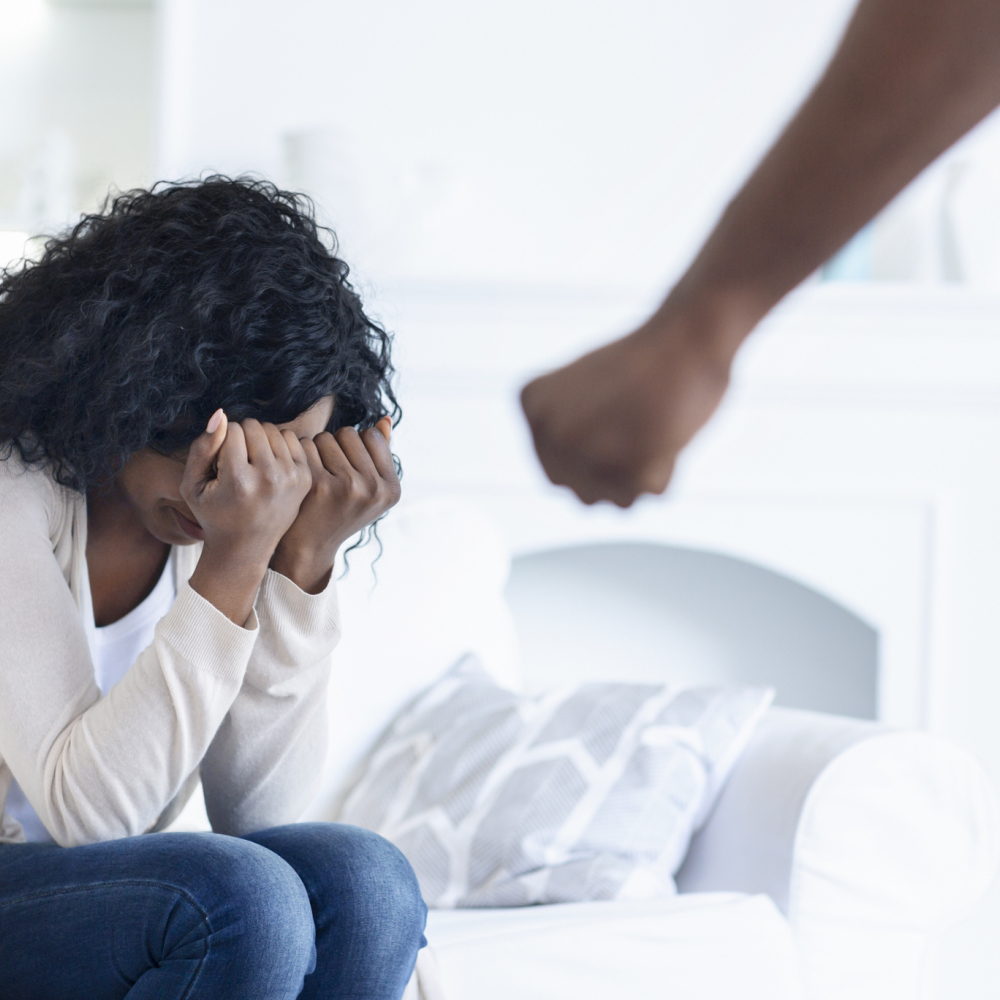A year after uploading her last make-up tutorial on YouTube, beauty vlogger Em Ford has posted a video explaining to her more than one million subscribers why she'd been absent for so long.

How to tell if someone you know is in an emotionally abusive relationship
"My truth, really, is that I stopped posting YouTube videos because I was in a relationship which turned into one which was emotionally abusive," said Ford, who went viral in 2015 with a video called You Look Disgusting, in which she spoke out about the cyber bullying she had experienced.
"[The abuse] had a massive detrimental effect on me, not only mentally but also physically," Ford continued, explaining that she wanted to highlight some of the signs of emotional abuse in the hope of helping others.
It can take months, years, or even decades for someone to realise they are being emotionally abused, and even then they might not be able to seek help. It can also be challenging to know how to support someone if you suspect they are in such a situation.
Approaching the issue can be difficult
"When it comes to an emotionally abusive relationship, your friend/family member may well be hiding the problem, and it may be difficult to tell what's going on," says relationship counsellor Mig Bennett. "To be thought of as someone who is in an emotionally abusive relationship can be incredibly shaming.

"They may also have been emotionally abused for so long by their partner, [who's been] telling them how bad they are, that they don't recognise this as anything more than normal anymore."
Leaving isn't simple
Numerous factors can affect a person's decision to leave or stay in a relationship. "They may well have a home, children and no way of imagining that they could not be in this relationship, because of the practical support it provides," Bennett says.

Signs to look out for
"Note how [the person you are worried about is] spoken to by their partner," Bennett advises. "Look out for any sense of intimidation, criticism or name calling."
Pay attention to your loved one's reaction when you suggest doing something together, as this may indicate they're not able to make their own decisions. Consider "whether they seem reluctant or worried about when their partner will expect them back," says Bennett, and "if you're chatting about money or about what you might be able to buy, see if they refer back to their partner by saying things like, 'I don't think they'd like that'."
Be aware of changing behaviours
Changes in a person's behaviour or character could be a sign their partner is trying to control them, says Bennett. "Watch for a change in the character of the person you're worried about. Are they feeling much more insecure and have much lower self esteem?"
Starting to dress differently or wear things they wouldn't have before is another warning sign. "It may possibly be that their partner is wanting them to dress in a particular way that pleases them," she continues.
What you can do to help
"As a friend it's very difficult to approach the subject and you must definitely not bring this up in the company of the partner concerned, as this could put your friend in more danger," Bennett warns.
You may feel a strong urge to help them leave their relationship, but it's best to be supportive without telling them what to do. "If there is any sense that they are reaching out to you, take it very carefully, slowly and listen – don't make comments about how awful it is, just ask them how they feel about it.
"Don't tell your friend to leave them or run down the partner, or this could backfire. Remember they may stay with this person and you need to keep the relationship going in case they need you in the future."
Highlight helplines and available resources
It could also help to suggest advice helplines they can call, or research local resources. "If your friend does decide to do something, such as contact a helpline or speak to their parents, you can offer support and help them plan what they're going to say.
"You could even go with them, but the decision on what they do must come from them."
For more information, check out advice lines run by Relate, Live Fear Free run by Welsh Women's Aid and one supporting men called HelpGuide.

